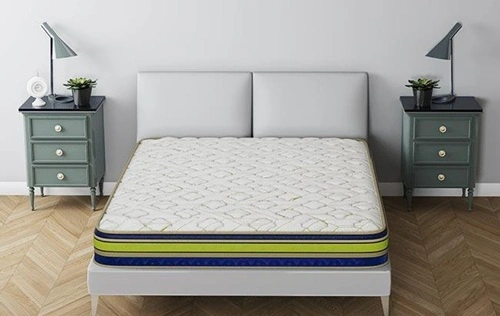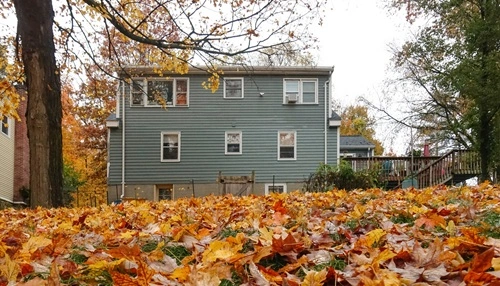Yes, it is illegal to live in a storage unit in the United States. Storage units are not zoned or designed for residential use, and living in one violates local housing codes, health and safety regulations, and the terms of storage rental agreements. While economic hardship may push some people to consider this option, doing so can lead to serious legal and safety consequences.
Why Living in a Storage Unit is Prohibited
1. Zoning and Land Use Regulations
Storage units are commercial properties zoned for storage, not residential use. Zoning laws dictate how land and buildings can be used, and storage facilities do not meet the requirements for housing. Using them as a residence violates local zoning codes, which can lead to legal penalties for both the occupant and the facility owner.
2. Health and Safety Concerns
Storage units are not built to support human habitation. Issues include:
- Lack of Utilities: Storage units typically lack access to running water, electricity, ventilation, or sanitation facilities.
- Fire Hazards: Improper use of candles, heaters, or other makeshift appliances in storage units significantly increases the risk of fire.
- No Emergency Exits: Most units are not equipped with sufficient emergency exits, making them dangerous in case of fire or other emergencies.
3. Breach of Rental Agreements
Storage facility contracts explicitly prohibit using the units for anything other than storing goods. Living in a unit breaches these terms, giving the facility grounds to evict the occupant and terminate the lease.
4. Liability for Facility Owners
Allowing someone to live in a storage unit exposes facility owners to significant legal risks. If an occupant is injured or dies while living in a unit, the facility could face lawsuits and fines for failing to enforce proper usage policies.
Consequences of Living in a Storage Unit
1. Eviction
Storage facility managers are required to enforce rental agreements. If they discover someone living in a unit, they can evict the occupant immediately.
2. Legal Penalties
Living in a storage unit can lead to fines for violating zoning and housing codes. In extreme cases, local authorities may pursue criminal charges for endangering public safety.
3. Health Risks
Poor ventilation, exposure to extreme temperatures, and lack of sanitation can lead to severe health problems, including respiratory issues, dehydration, or infections.
Alternatives to Living in a Storage Unit
For individuals facing housing insecurity, there are legal and safer options:
- Emergency Shelters: Many cities offer shelters or transitional housing programs for people experiencing homelessness.
- Community Resources: Nonprofits and government programs often provide assistance with rent, utilities, or finding affordable housing.
- Safe Parking Programs: For those living in vehicles, designated safe parking areas may be available with access to sanitation and support services.
Recent Legal Developments and Awareness
1. Increased Enforcement
Storage facilities across the U.S. have stepped up enforcement of anti-habitation policies, often using security cameras or routine inspections to ensure compliance.
2. Rising Awareness
Advocacy groups are raising awareness about the dangers of living in storage units and pushing for expanded housing options for individuals in financial distress.
3. Zoning Code Updates
Some cities have updated zoning codes to clarify and strengthen prohibitions against using commercial properties, including storage units, as residences.
FAQs About Living in a Storage Unit
Q1. Why can’t I live in a storage unit if I pay rent?
Ans: Storage unit leases explicitly prohibit habitation, and zoning laws prevent these facilities from being used as residences. Paying rent does not override these legal restrictions.
Q2. What happens if I’m caught living in a storage unit?
Ans: You will likely be evicted, and depending on local laws, you may face fines or other legal consequences.
Q3. Can storage facility owners allow people to live in units?
Ans: No, doing so would violate zoning laws and expose the owners to liability for health and safety violations.
Q4. Are there any exceptions to the rule?
Ans: No. Storage units are not designed to meet housing standards, so there are no legal exceptions for living in one.
Q5. What should I do if I have nowhere else to live?
Ans: Seek assistance from local shelters, housing programs, or nonprofit organizations. Many communities have resources to help individuals in crisis find safe and legal housing.

